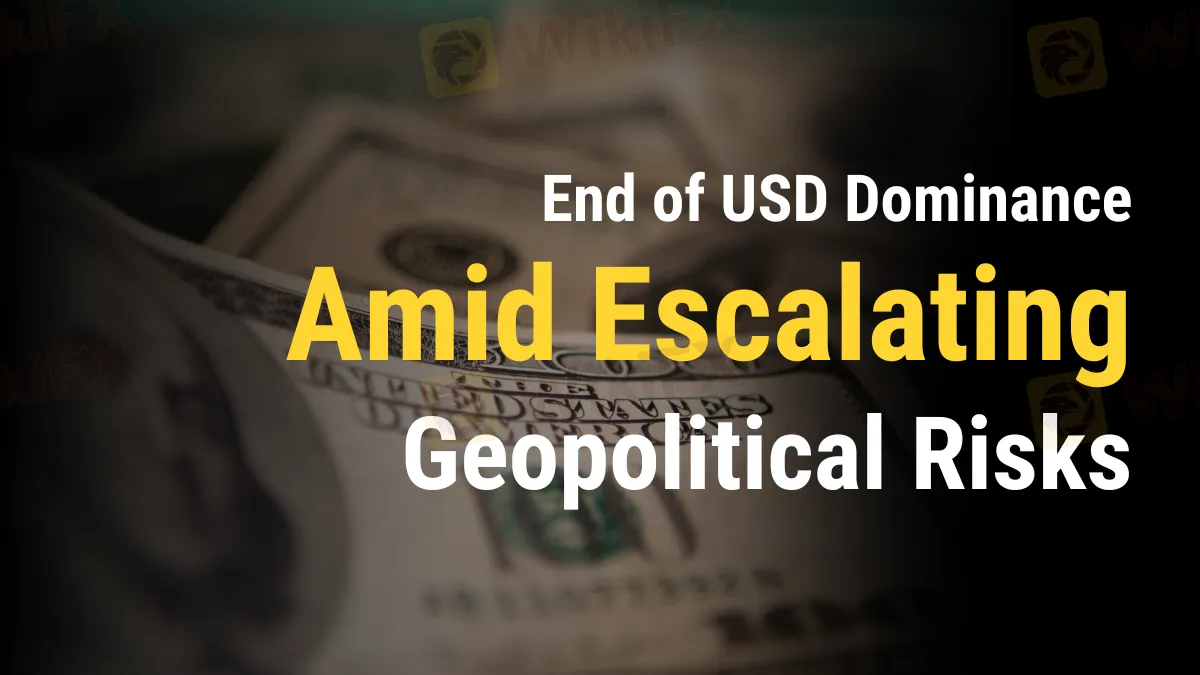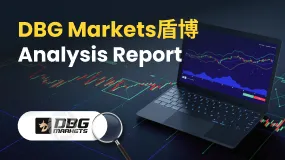Abstract:After Israel's retaliation, currency markets face volatility, reflecting geopolitical tensions and influencing global currency forecasts.

After Israel's retaliatory assaults on Iran, currency markets have seen heightened volatility, suggesting a potential shift in the dominant role of the US dollar.
According to recent data from the Philly Fed manufacturing survey, there was an early increase in confidence in the US currency. This aligns with the Federal Reserve's prudent monetary policy approach.
However, concerns arise over the long-term sustainability of this advancement, considering the escalating global conflicts. The 2% increase in crude oil prices highlights the market's susceptibility to geopolitical events, adding complexity to currency forecasts.
Positive and negative economic outcomes were observed in the United States before the geopolitical escalation, with concerns regarding the repercussions of a strong dollar contributing to this balance. The IMF's cautions over divergence, namely regarding significant fiscal deficits in the US relative to other advanced countries, have intensified market examination. Although the dollar demonstrates resilience against specific currencies, market sentiment suggests that this discrepancy may be subject to limitations.

Due to the disparity in interest rates between the European Union and the United States, in addition to cautious statements by ECB officials, currency forecasts have become more complicated. Subsequently, the Japanese yen initially appreciated following the reaction from Israel, indicating a more widespread avoidance of risk. However, upon closer inspection of the data from Japan, a more nuanced picture emerges due to the unexpectedly low Consumer Price Index (CPI) readings, which raise concerns about the potential presence of inflationary behaviors.
The complicated balance in global foreign exchange discussions is evident since Washington expresses no significant worry over the declining value of the yen. The correlation between geopolitical events and currency markets underscores the need for flexible policies and approaches. While an initial aversion to risk may exist, policy measures and broader economic fundamentals will ultimately determine the course of currency fluctuations.
In the current period of instability, investors must possess an all-encompassing understanding of global dynamics to identify potential opportunities amidst uncertainty.











